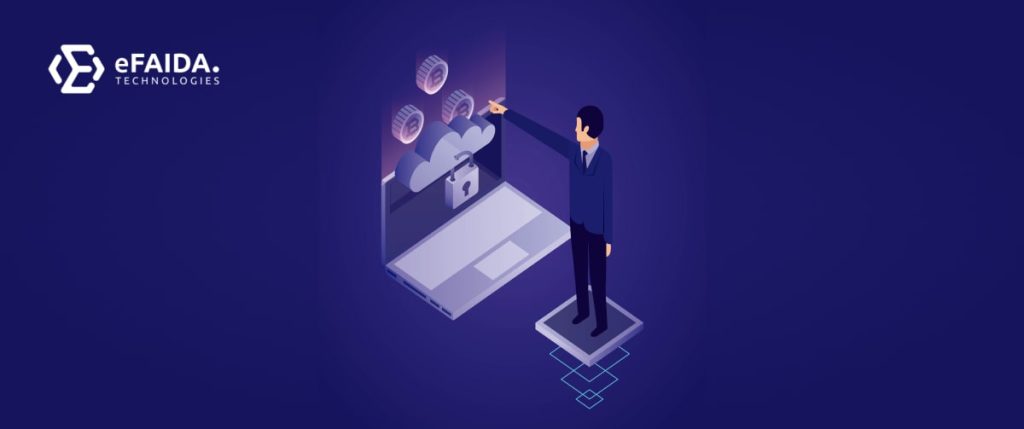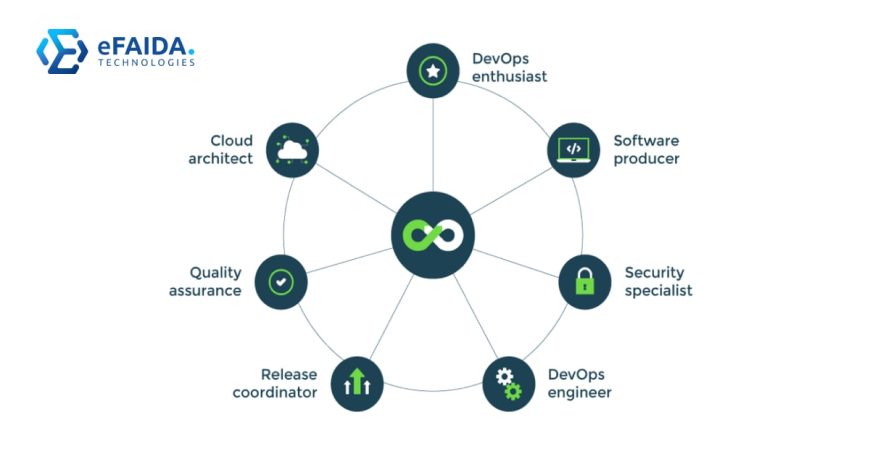Introduction
In today’s fast-paced world, businesses thrive on speed and adaptability. DevOps, a collaborative approach bridging the gap between development (Dev) and operations (Ops), has emerged as a critical strategy to achieve these goals. However, with increased automation and faster release cycles, security concerns can become paramount. This is where DevOps as a Service (DaaS) comes in, offering a managed service model that streamlines DevOps practices while incorporating robust security features.
This blog explores the critical role of security in DaaS, examining the potential vulnerabilities and strategies to minimize them. We’ll delve into the security benefits DaaS offers, and best practices for secure implementation, and answer frequently asked questions to guide you in leveraging DaaS securely.
Why Security Matters in DevOps as a Service
While DevOps promotes agility, it can introduce security risks if not implemented with a security-first mindset. Here’s why security is important in DaaS:
- Automation Raise Risks: Automating tasks can introduce vulnerabilities if security isn’t built into the process. Exploiting a single vulnerability in an automated pipeline could have widespread consequences.
- Faster Release Cycles: Rapid deployments can lead to security vulnerabilities slipping through the cracks if proper testing and security checks aren’t in place.
- Shared Responsibility: In a DaaS model, the responsibility for security is shared between the provider and the customer. Understanding this shared model is crucial for ensuring overall security.
Fortifying Your Defenses: Security Benefits of DaaS
Despite the potential risks, DaaS offers several security benefits when implemented correctly:
- Enhanced Security Expertise: DaaS providers often have dedicated security teams with expertise in securing DevOps environments. This expertise can be invaluable for organizations lacking internal security resources.
- Standardized Security Practices: DaaS providers typically implement standardized security practices and procedures, ensuring consistency and reducing the risk of human error.
- Regular Security Updates: DaaS providers are responsible for keeping their infrastructure and tools up-to-date with the latest security patches, reducing the burden on your IT team.
- Compliance Support: Many DaaS providers offer solutions that comply with industry regulations, such as HIPAA or PCI DSS, simplifying compliance requirements for your organization.

Building a Secure Foundation: Best Practices for DaaS Security
To leverage the security benefits of DaaS and mitigate risks, follow these best practices:
- Choose a Reputable Provider: Select a DaaS provider with a strong security track record and a commitment to compliance.
- Clearly Define Security Roles and Responsibilities: Clearly define the security responsibilities of both the DaaS provider and your organization to avoid any gaps.
- Implement Secure Coding Practices: Emphasize secure coding practices within your development teams to minimize vulnerabilities from the start.
- Leverage Built-in Security Features: Utilize the security features offered by your DaaS provider, such as access controls, data encryption, and vulnerability scanning.
- Continuously Monitor and Improve: Establish a continuous monitoring process to identify and address security vulnerabilities promptly.
Conclusion
Security is a cornerstone of a successful DevOps as a Service implementation. By understanding the potential risks and leveraging the security benefits offered by DaaS providers, you can build a secure and agile development environment. By following best practices and maintaining a shared security responsibility model with your DaaS provider, you can unlock the full potential of DevOps while safeguarding your applications and data.
FAQs: Frequently Asked Questions on Security in DaaS
Here are some commonly asked questions about security in DaaS:
Q1. Is DaaS inherently more or less secure than an in-house DevOps environment?
There’s no simple answer. A secure DaaS implementation can offer a higher level of security than an in-house environment with limited security resources. However, security ultimately depends on the chosen provider and the implementation practices.
Q2. What are some key security considerations when evaluating DaaS providers?
Look for providers who offer features like access controls, data encryption, vulnerability scanning, and compliance certifications. Evaluate their security track record and incident response procedures.
Q3. How can I ensure my organization maintains control over security in a DaaS environment?
While the DaaS provider manages the infrastructure, you can still maintain control by implementing secure coding practices, monitoring access controls, and adhering to best practices for secure deployments.




